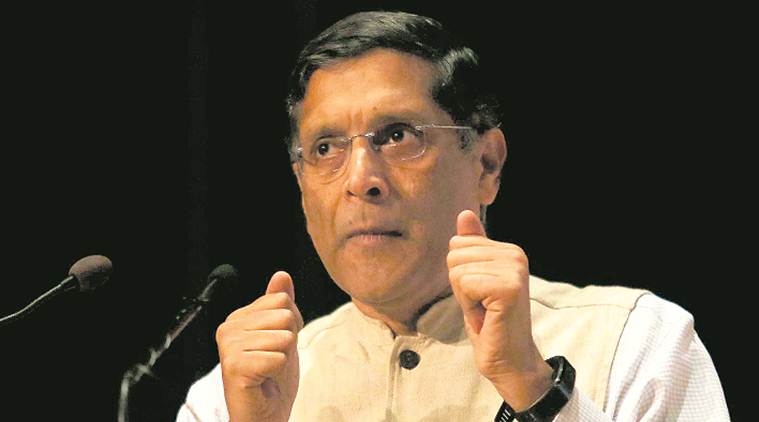Updated: December 22, 2018 7:50:25 am
Economist Unbound
Free from the responsibilities of office, Arvind Subramanian, former chief economic advisor to the government, has produced an insider’s account of the chakravyuh of policy-making in India.

The National Democratic Alliance government came to power in 2014. The Prime Minister had no difficulty in making up the Cabinet: there were many more hopefuls than he could accommodate. But then, he discovered that he had to appoint members of the Planning Commission. His memories of it were terrible: he could still hear the shrill voice of its deputy chairman haranguing chief ministers, him amongst them, for hours. So, he decided to abolish the Planning Commission. But its rooms had to be filled somehow. So he invented Niti Ayog, and appointed a few faithfuls to it. But then he had to find a deputy chairman, and the finance minister needed a chief economic advisor. He asked for a list of possible economists. Alphabetically arranged, it was headed by two Arvinds. One was put in the corner room of Niti Aayog, whilst the other was made chief economic advisor.
This is my version; it stands corrected by Arvind Subramanian. Apparently, he was admiring the ruins of Machu Picchu in 2015 when he got a call offering him the chief advisorship. He rushed to Delhi, met the finance minister and the principal secretary, and waited. His appointment was reported by the press. Then nothing happened. He kept waiting, week after week. Finally, he got the job after two and a half months.
I had also noted the lack of connection between his economic surveys and his ministry’s budgets, and inferred that the finance minister had no use for his economics. According to Arvind, the finance minister gave him leeway and let him do whatever he felt like; he made dozens of friends in the ministries and engaged dozens of economists, and produced the best economic surveys. He had a whale of a time. I was also concerned that he had had enough of the Indian government and would want to put India behind him. Four days before he left, I had lunch with him; as we parted, I told him, “You will get busy with other things now, but don’t forget India.” He didn’t; he has just written a riveting book adding to his surveys.










.png)











No hay comentarios:
Publicar un comentario